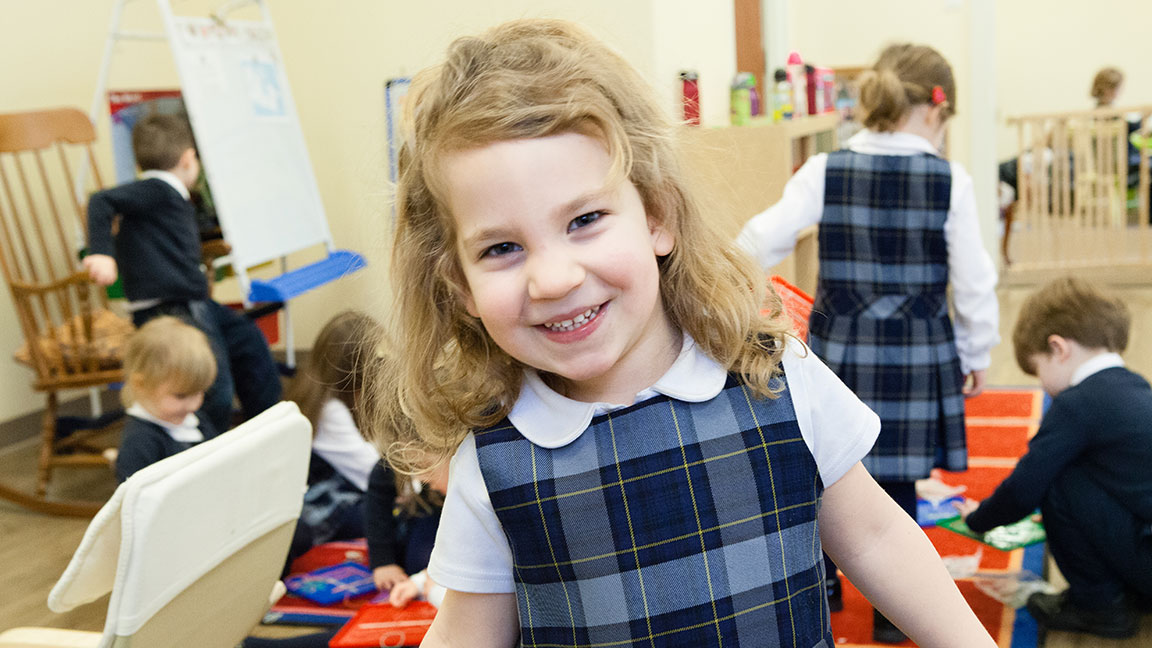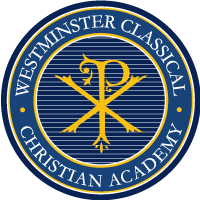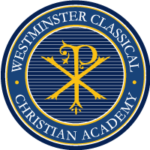At the end of it all, my peers were excited about their future in law or as professors. My top results were, #1 furnace operator—what does that even mean?—and #2 clergy.
Thereafter, my parents declined my taking similar tests; I think mostly they found it hard justifying paying private education destining me to operate a furnace.
The second life-defining moment came when I had a “personality conflict” with my algebra teacher. To be honest, it was my personality that was causing the conflict. The resolution was confining me to a dark room where I watched Abeka algebra 1 videos. I had a great time! Unfortunately, I do not have any number sense to show for myself.
Finally, I remember the year when my principal became my friend. Mr. Edwards was a faithful pastor who started the Christian school. He was a family friend—he knew me since birth—and I often provided him firewood for an ungodly cost, which he willingly paid.
He became my friend when I became a Christian. Then all the moments seeing him pray made me want to pray; him reciting scripture in normal conversation made me want to do the same. In fact, I pursued Christian education because of him! He treated me like a young man, not a child. We are still good friends.
How my life-defining moments affect our school
In the book Wisdom and Eloquence: A Christian Paradigm for Classical Learning, Richard Littlejohn and Charles Evans say, “the mission of the school is… to educate. It is within this context of ‘schoolness’ that we are best able to achieve our educational ends of imparting wisdom and eloquence and to keep our focus on our goal of emphasizing worldview formation, character development, academic quality, and cultural relevance.” (p. 52)
Rest assured, I will never require your child to take a career test! More than that, I will fight against a spirit of pragmatism. You can see evidence of this in our report cards and end-of-year celebration. We are in the business of imparting wisdom and training in eloquence.
Even the study of mathematics ought to impart wisdom and eloquence. This was habit in the olden days when students had to give explanation to thought. Yesterday a math teacher at WCCA asked students why we use a certain formula to find volume. The students knew the formula and applied it appropriately, but now they were asked to put words to the process. Whoa!
In my strategic planning and development, the maths and sciences will continue to be strengthened across all grades. I refuse to let any child have the same experience I had in Algebra 1.
My role as principal—not your child’s buddy, as many educators think is best nowadays—is best described by David Hicks in Norms and Nobility, “In his quest for the best education, the ancient schoolmaster possessed two advantages over the modern educator. First, he knew exactly what kind of a person he wished to produce…. Second, he agreed in form upon an inquiry-based or knowledge-centered – as opposed to a child-centered – approach to education. Whether he was a philosopher hoping to elicit knowledge or a rhetorician hoping to implant it, he ignored the ‘child’ and appealed directly to the ‘father of the man’ within his student.” (p. 39)
I believe we can all look back and share life-defining moments in school. This adds a weight. That I may contribute to life-defining moments in a person’s life is daunting: “Not many of you should become teachers, my brothers, for you know that we who teach will be judged with greater strictness.” (James 3:1)



